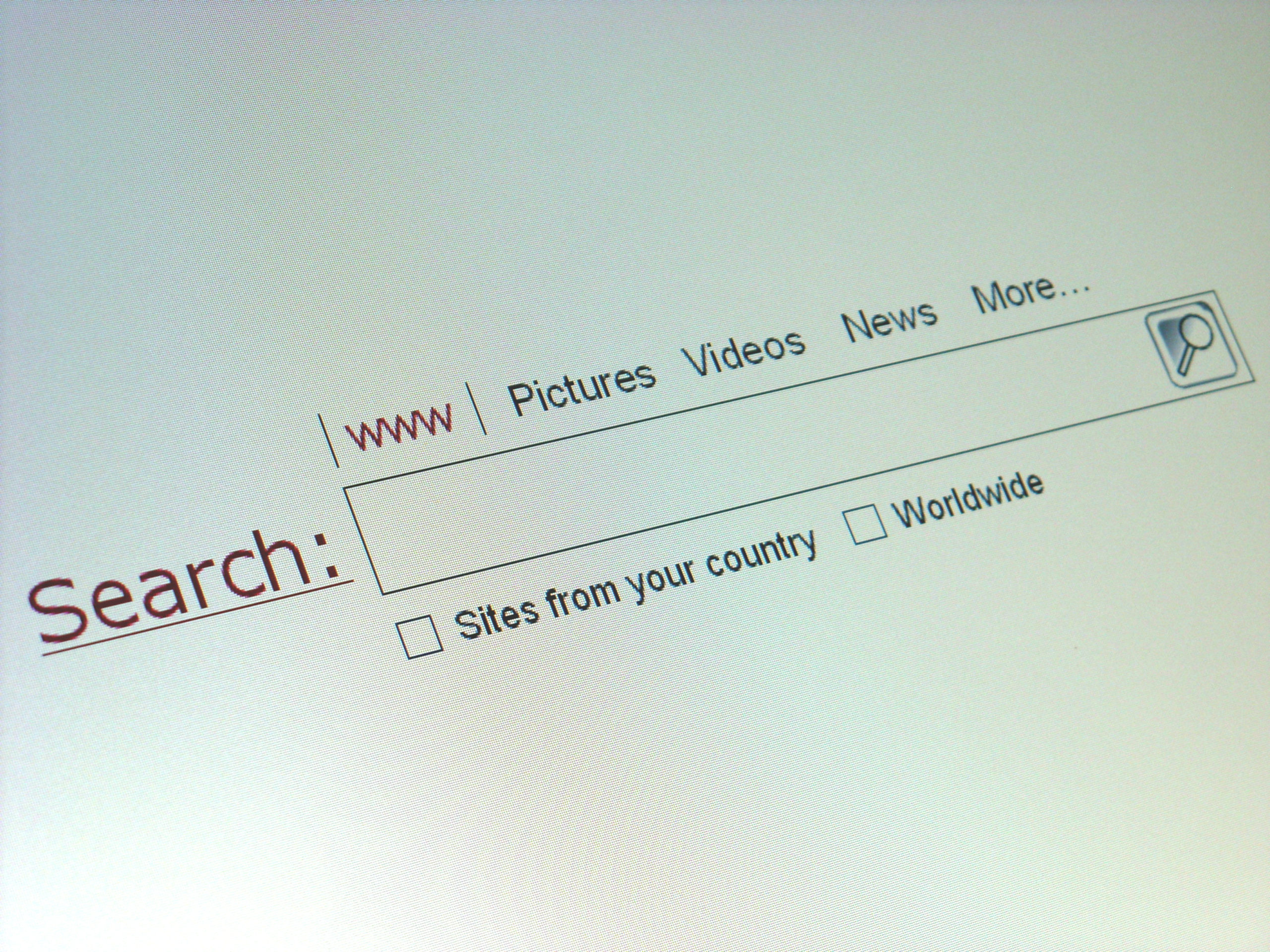If you’ve been following our blogs, then you’re probably aware of the issues Google has been taking with the recovery industry. Clearly their intentions were good; but due to fraudulent clinics and deceptive ads, they had halted the promotion of treatment centers in their searches. Well this week, that policy appears to have changed with the platform now opening its doors to digital recovery advertising.
First, let’s go back with a little history lesson on the whole situation. Thanks to articles on sites like The Verge, scams were uncovered where so-called “body brokers” hunted online for vulnerable victims to send them money for fake recovery centers. Clearly that was an awful practice that deserved to be exposed. But due to the embarrassing nature of it all, Google took action by pulling all addiction treatment search ads in the United States. This happened right at the end of last year and continued as such for the past several months.
Now, however, new parameters are in place which allow reputable clinics to begin resuming their online promotions. It is still a slower process, which requires proper vetting from a third Google party called LegitScript. This online security org set up specific criteria, which any recovery advertiser must meet before launching a campaign. Everything from criminal background checks, to license verifications were enacted, which ensured that all “body brokers” would be scared away.
The good news is, the process appears to be working. This month, more than 100 addiction treatment centers have been cleared to use Google’s AdWords service. LegitScript rep, David Khalaf, praised the efforts and feels very confident that this will ultimately work to serve those who really need help.
“As we began vetting applicants with many closely related facilities that shared a website, we developed ways in which we could streamline the process to make it more efficient,” he explained.
And as Behavioral.net (the site that broke the news) went on to say, this new chapter will start to let “the good guys win.” Doug Tieman, another digital security rep who spoke to the article writer, explained that this will ultimately help legitimate recovery businesses. But more importantly, it will help people who are sincerely seeking out addiction treatment.
“Unethical marketing practices in the addiction treatment industry have become common,” Tieman added. “Yet prohibiting all treatment facilities from advertising is not a viable option for anyone—Google, treatment centers or consumers.”
As mentioned above, over 100 businesses have been cleared thus far with many more on the way. And once that happens, everyone who advertises properly will receive a special certification that they can proudly display on their website.







